Advocate For You And Your Loved Ones
We will help you cope with legal matters that concern you the most.
Learn the commonly asked questions and answers to collaborative divorce below.
What is collaborative divorce?
Collaborative Divorce is a non-litigated way in which to divorce that utilizes a collaborative team of professionals to guide and facilitate the divorcing spouses toward settlement. Collaborative divorce while becoming more widely known in Florida as a good option for divorce, was first created more than twenty years ago by founder Stuart G. Webb.
Why would I want to divorce this way?
If you and your spouse like to make critical, life-changing decisions that will affect your family in the short and long term, collaborative divorce may appeal to you. Instead of allowing a judge to decide matters such as timesharing with your children and equitable distribution of your assets and liabilities, you and your spouse decide. And you make the decisions with the care and support of a collaborative team who understands your interests.
In addition to being able to navigate your own “ship,” participants often find that the process, while not always easy, helps keep the relationship between spouses civil which has the trickle down effect of mitigating the trauma that divorce causes children. Because spouses work together and not against each other, the path is paved for more harmonious post-divorce co-parenting.
Lastly, traditional litigation can be protracted, sometimes taking years to reach final judgment while taking its toll both emotionally and financially. Conversely, collaborative divorce can help make efficient use of your funds through its structured process. And because of the very rules that dictate the behaviors of participants, the process does not exact the emotional toll that battling in court often does.
Will I have a lawyer?
As in traditional divorce, both spouses in collaborative divorce have attorneys who advocate for their interests. Collaborative divorce differs from traditional divorce in that both attorneys have been trained in the collaborative process and understand the importance of serving the interests of the clients in a constructive, civil manner. Attorneys are trained to cooperate with each other and do not use tactics common in litigation such as unnecessary posturing and threatening court action.
But if the lawyers cooperate with each other, how will my interests be protected?
In the Rules Regulating the Florida Bar, Chapter 4, Rule 4-1.3, Florida lawyers are required to “act with commitment and dedication to the interests of the client and with zeal in advocacy upon the client’s behalf.” What this means is that regardless of the form of divorce, your lawyer is required to advocate for your interests, to protect your interests. How collaborative divorce differs from traditional litigated divorce is that attorneys advocate in a manner which is civil, honest, and transparent. Issues are placed on the table and discussed with civility.
Who are the other professionals?
The other professionals in the collaborative team are a neutral Mental Health Professional (“MHP”) and a neutral Financial Professional (“FP”). Both of these professionals work with the spouses individually and together.
MHP: The MHP does not diagnose or treat the spouses. Instead he serves as a team leader guiding and facilitating the agenda for each meeting. The MHP also helps members of the team communicate optimally and move through the challenging issues inherent in divorce. If children are involved, the MHP works with parents to develop mutually agreeable timesharing and co-parenting arrangements and helps foster sound co-parenting skills for life after divorce.
FP: The FP works with the spouses to ascertain marital and non-marital assets and liabilities. She also collaborates with the spouses to develop mutually agreeable equitable distribution scenarios. If spousal support and child support are an issue in the divorce, the FP will guide the spouses and collaborative team in ascertaining the optimal arrangement for the divorcing couple.
What does a meeting look like?
Most meetings take place with the full team which consists of both spouses, the attorneys for each spouse, the MHP, and the FP. Agendas are created for meetings so as to make efficient use of time. Spouses are encouraged to take an active part in each meeting, the subjects of which vary and include topics such as goals and interests and financial and timesharing matters.
At Mara Law, P.A., we are here to serve you in two locations, Ormond Beach and Palm Coast. We care about protecting and supporting families, just like yours, and can help with all family law concerns. Call our dedicated collaborative divorce attorney at 386-672-8081 or contact us online to arrange a consultation.
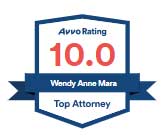







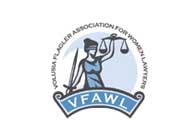
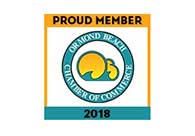


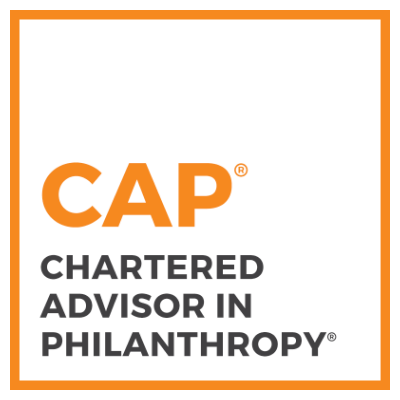

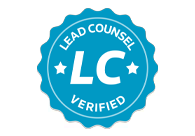


Phone: 386-672-8081
555 W. Granada Blvd.
Ste. D-10
Ormond Beach, FL 32174-9490
389 Palm Coast Parkway SW
Suite 4
Palm Coast, FL 32137
119 Magnolia Avenue
Daytona Beach, FL 32114
228-C East New York Ave.
DeLand, FL 32724